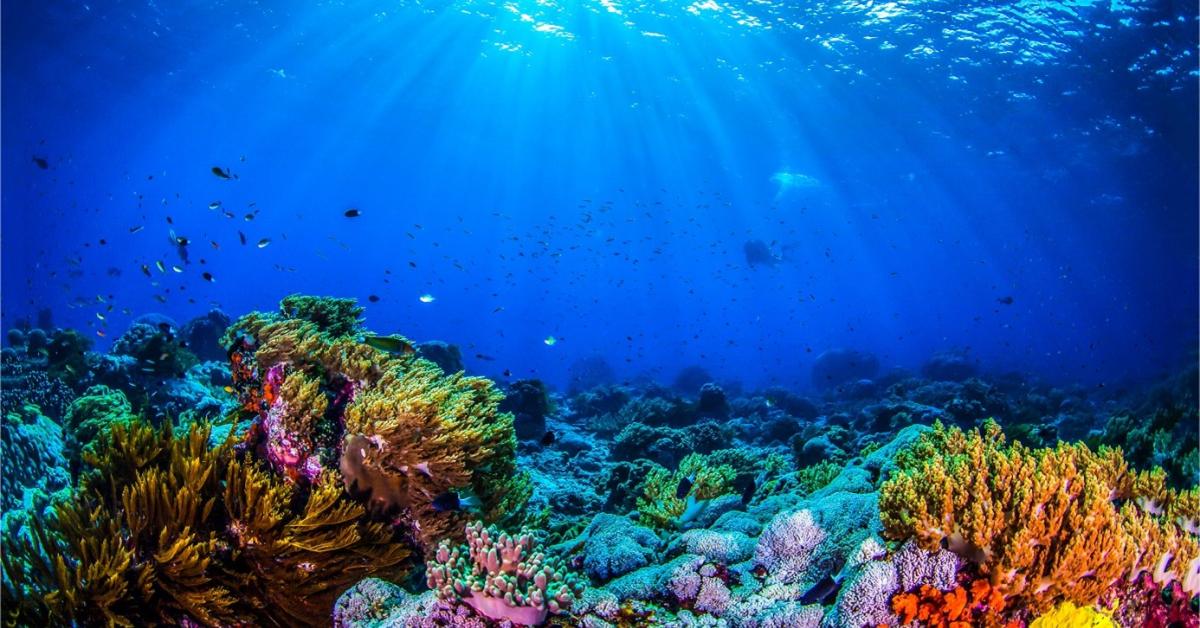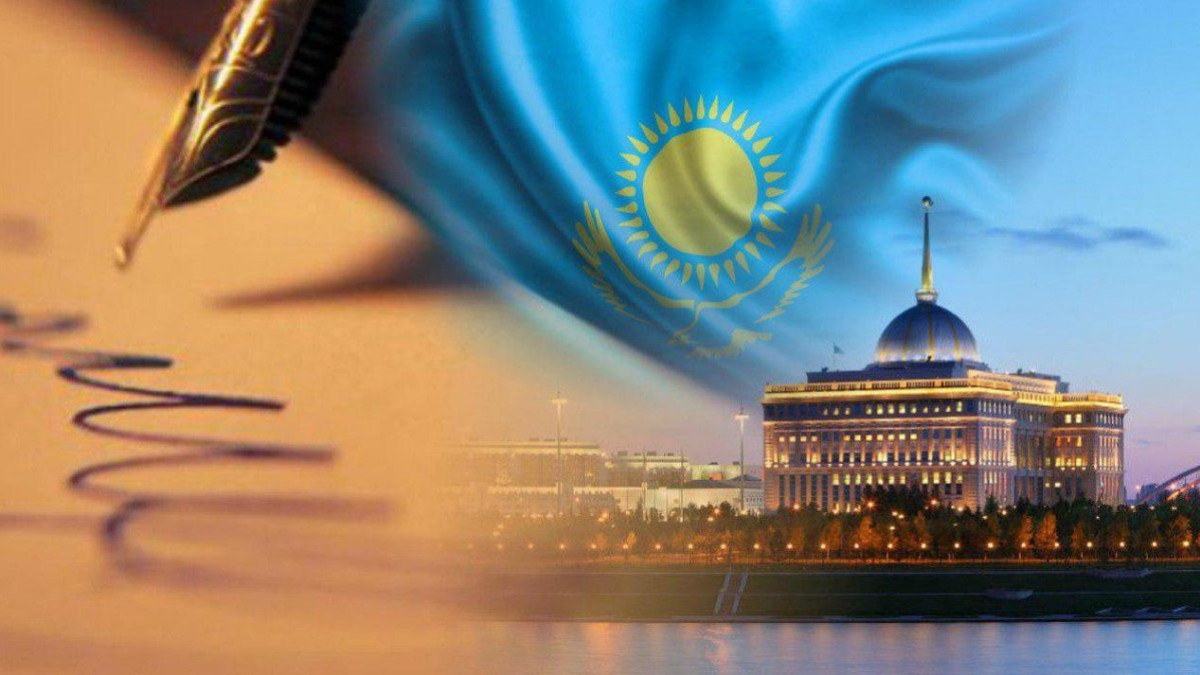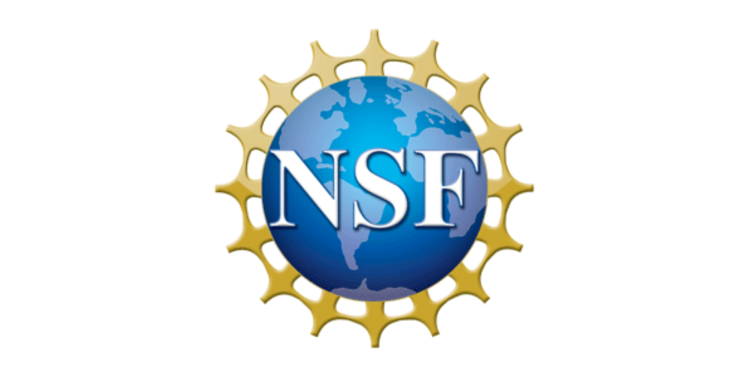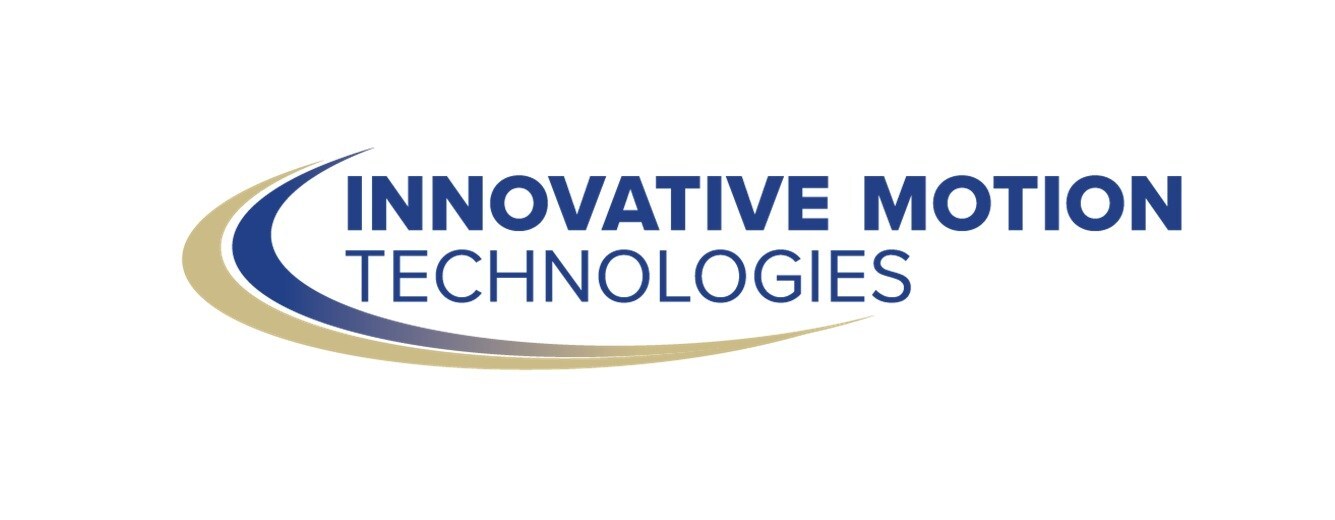
As the UNESCO Chair in Marine Sciences, led by Prof. Vethamony, partnerships play a crucial role in their work. The team closely monitors pollution in the Arabian Gulf, focusing on oil, industrial effluents, and microplastics. The aftermath of the major oil spill during the 1991 Gulf War continues to impact the region, with residues still present as “tar mats” affecting the local flora and fauna. Additionally, marine and coastal developments have had adverse effects on pearl oyster harvesting and are influenced by the regional meteorological phenomenon of “shamal winds.”
To combat these challenges, the UNESCO Chair in Marine Sciences is working in collaboration with private sector entities to restore coastal and marine habitats in the Persian Gulf, particularly mangroves and coral reefs. These ecosystems have suffered significant damage due to human activities and climate change. Restoration efforts are essential not only for combating climate change but also for preventing coastal erosion. Artificial coral reefs are being planted, showing promising results as fish populations begin to return.
In addressing concerns about food security, the UNESCO Chair in Marine Sciences is partnering with institutions in Malaysia and Japan on innovative aquaculture research projects. One project focuses on the potential use of insect meal as a protein substitute for fish stocks under increasing pressure. Collaborations with UNESCO regional partners aim to promote sustainable ocean practices and encourage young professionals to pursue careers in this field.
As an advocate for sustainable development, Prof. Vethamony is dedicated to strengthening actions in collaboration with UNESCO Chairs on Technical and Vocational Education and Training and Sustainable Development. This collective effort aims to build a sustainable future for the marine environment and inspire the next generation of marine conservationists.
The UNESCO Chair in Marine Sciences has been leading partnerships that aim to protect our oceans from pollution while restoring damaged ecosystems through restoration projects such as artificial coral reefs plantation shows promising results as fish populations begin returning.
Additionally, they have collaborated with institutions from Malaysia & Japan on innovative aquaculture research projects that focus on finding alternative sources of protein such as insect meal which can be used as a substitute for fish stocks under increasing pressure.
Collaboration is key when it comes to protecting our oceans from pollution while promoting sustainable practices among young professionals who will lead future conservation efforts.
With Prof Vethamony’s leadership at helm of UNESCO Chair in Marine Sciences team has been able to create unique partnership opportunities that aim at addressing some of the most pressing challenges facing our oceans today including pollution reduction through restoration projects like coral reef plantation & promoting sustainable practices through education & training programs amongst young professionals who will be responsible for future ocean conservation efforts.





